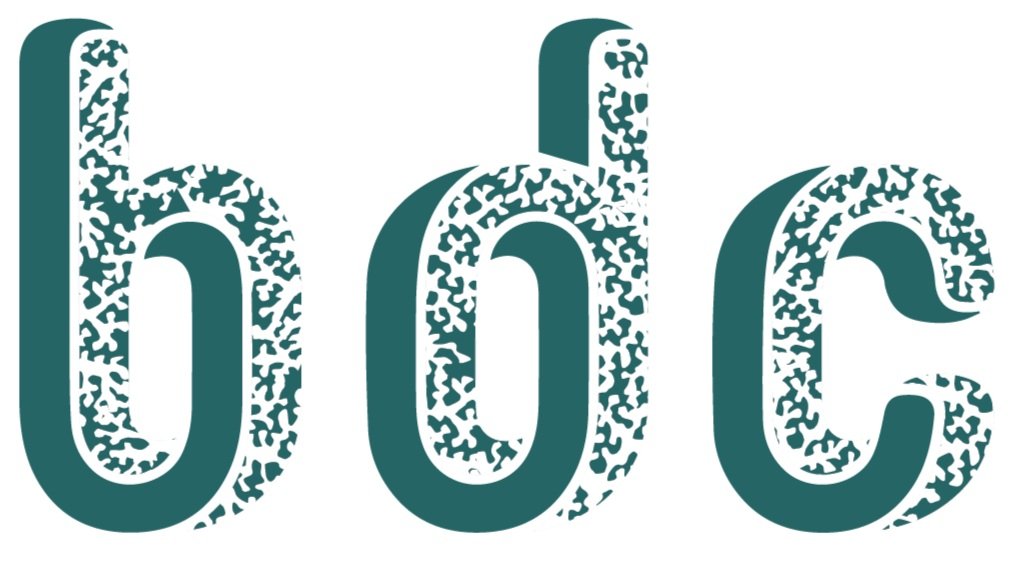Northeastern University
PROJECTS 2025
SquidKid
Outstanding Display Prize Winner
Deirdre Ni Chonaill, Kheya Patel, Ezri Abraham, Azza Borovicka-Swanson, Motong Shi, Sophia Martin
SquidKid is an educational toy featuring a safe bioreactor containing bioluminescent bacteria, Allivibrio fischeri, that children can nurture and observe. By engaging with these glowing microbes, the toy teaches the importance of even the smallest forms of life and fosters a deep respect for all living organisms. Designed to inspire a future generation that values microbes as essential parts of nature’s web, SquidKid encourages curiosity and care for the microbial world. This innovative toy serves as an invitation for kids to connect with and appreciate life beyond what is visible to the naked eye.
Bacterial Record
Nonfinalist Project
Chloe Prock, Sebastian Gonzalez Quintero
Bacterial Record explores the Charles River’s bacterial life as a living archive of urban activity and environmental change. Focusing on phosphorus—a key pollutant from fertilizers, pet waste, erosion, and industry that enters the river via Combined Sewer Overflows (CSOs)—the project investigates how bacterial growth can indicate phosphorus levels and, by extension, human impact. By creating designed artifacts, the project invites non-experts to engage with local water quality data in accessible and meaningful ways. Bacterial Record uses phosphorus as a lens to reveal the hidden relationships between urban infrastructure, pollution, and our values, encouraging reflection on our role in shaping ecosystems.
Scenthetica
Nonfinalist Project
Azza Borovicka-Swanson, Shreya Deepak Kumar, Ezri Abraham, Asli Demir, Bryn Grespan
Scenthetica is a speculative biodesign project envisioning scent as a new communication form in a future dominated by saturated, surveilled visual and auditory channels. Trust shifts to the olfactory—a visceral sense resistant to digital manipulation. Using genetically engineered bacteria, users cultivate one component producing unique scents and another enabling detection via a custom receptor protein. Shared on paper and grown in DIY bioreactors with household materials, Scenthetica spreads slowly through intimate rituals rather than mass production. The project proposes a novel social network rooted in embodied, analogue interaction, combining speculative imagination with real-world biosafety and feasibility testing.
instructors 2025
Katia Zolotovsky is an Assistant Professor at Northeastern University the Art + Design Department with a joint appointment in the Department of Chemistry and Chemical Biology. She is an architect and a biologist and holds a Ph.D. in Design and Computation from the Massachusetts Institute of Technology (MIT). At Northeastern, Katia’s is directing the BioInteractive Design lab (BInD) on the intersection of design and science. Her research group brings together designers, scientists, and engineers to explore how to scale up lab technologies to design biologically active materials, devices, wearables, and building components for human and environmental health. In her research she combines methods of computational design, digital fabrication, materials science, and biotechnology. Her work has been supported by national grants such as the NSF Division of Materials Research, Somerson Sustainability Innovation Fund, and NSF’s Coastal Ecology Assessment Innovation and Modeling.
Avantika Velho is the co-founder of BIOPOD Co. and is currently a biodesigner and researcher at Northeastern University’s BioInteractive Design Lab. Previously, she was the Lead Biodesigner and Strategist at Terreform ONE, a Brooklyn-based socio-ecological design research group. Her nature-centric, scale-agnostic approach to design encompasses regenerative systems for future cities, living architecture, lunar dust mitigation technologies, self-cleaning biomaterials, and numerous physical and digital products for clients such as CVS, Google, NASA, and Hyundai Motors. Avantika graduated with honors from the Rhode Island School of Design (RISD) with a BFA in Industrial Design, concentrating in Nature-Culture-Sustainability Studies. She has received numerous recognitions, including the Rachel Carson Environmental Award for sustainability, the Maharam STEAM Fellowship, and the Hyundai Research and Innovation Fellowship. Her work has been supported by the Sustainable Market Initiative’s Terra Carta Design Lab, the Somerson Sustainability Innovation Fund, and organizations like the National Endowment of the Arts and NSF.
Anastasiia Raina is a biodesigner, researcher, and educator. She earned her MFA from the Yale School of Art and now serves as an Associate Professor at the Rhode Island School of Design (RISD), where she also coordinates the interdisciplinary Nature–Culture–Sustainability Studies (NCSS) concentration, supporting over 200 students across 17 departments engaged in biodesign and sustainable futures. Her work investigates the aesthetics of technologically mediated nature, inspiring new imaginaries that challenge our relationship to nature, technology, and humanity. In close collaboration with scientists, she transforms scientific research into visual language and develops novel frameworks for science communication that engage broader audiences. Anastasiia has exhibited internationally in New York, Los Angeles, Shanghai, Seoul, presented her research and served as a visiting critic at institutions including Yale, Columbia, Stanford, USC, UCLA, Parsons, Pratt, CalArts, Otis, and MICA. Her work has been supported by grants from the Hyundai Motor Group, the Somerson Sustainability Innovation Fund, the NEW INC + Science Sandbox Grant, and NSF’s STAC Collaborative Research Grant.








